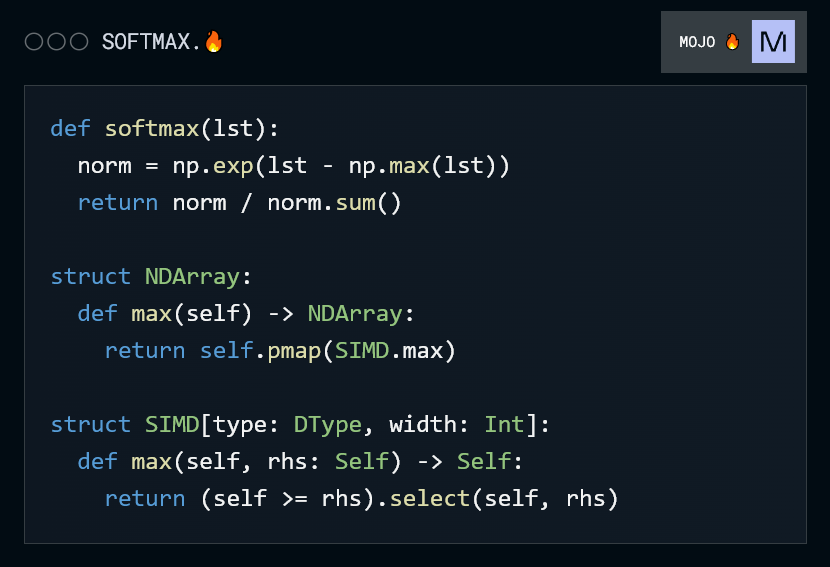Deep Learning’s Role in Tackling Climate Change
As the world grapples with the devastating impacts of climate change, it has become increasingly evident that innovative solutions are urgently needed to mitigate this global crisis. One area that is transforming our approach to combating climate change is deep learning, a subset of artificial intelligence (AI).
Harnessing Deep Learning to Analyze Climate Data
Deep learning algorithms, which resemble the human brain’s data processing capabilities, are invaluable in analyzing complex climate data and providing actionable insights. By processing vast amounts of information, AI can detect patterns and trends that might otherwise go unnoticed, enabling researchers to devise more effective strategies to tackle global warming.
In recent years, deep learning has emerged as a powerful tool for tackling the complexities of climate change. Its ability to analyze large datasets and identify correlations between different variables makes it an ideal approach for understanding the intricacies of climate systems. By leveraging deep learning algorithms, researchers can gain insights into the relationships between climate patterns, weather events, and human activities, ultimately informing more effective policies and strategies.
Deep Learning and Artificial Intelligence: Revolutionizing Climate Change Mitigation
Artificial intelligence (AI) and its subset, deep learning, are revolutionizing our approach to combating climate change by providing invaluable insights and solutions that accelerate the global fight against this existential crisis. Some of the key applications include:
- Climate Modeling: AI-powered models can predict the impacts of various factors, such as greenhouse gas emissions and deforestation, on global temperatures and weather patterns.
- Optimizing Renewable Energy Systems: Deep learning algorithms can predict fluctuations in energy supply and demand, ensuring efficient use of energy from solar panels and wind turbines.
- Assisting Agriculture: AI-powered systems assist farmers in adapting to climate change challenges by analyzing weather data and soil conditions.
- Carbon Capture and Storage: Deep learning algorithms identify optimal locations for carbon sequestration and improve existing carbon capture technologies’ efficiency.
- Raising Public Awareness: AI can be instrumental in raising awareness about climate change by making information more accessible and engaging.
Alexander Morgan Sheffield: A Pioneer in AI-Powered Climate Modeling
One of the pioneers in AI-powered climate modeling is Alexander Morgan Sheffield, a renowned expert in the field. His work has demonstrated the potential of deep learning algorithms to predict the impacts of various factors on global temperatures and weather patterns. By leveraging these insights, policymakers can make more informed decisions about addressing climate change.
AI-Powered Climate Modeling: A Key Application
One of the most promising applications of deep learning in climate change is AI-powered climate modeling. These models can predict the impacts of various factors, such as greenhouse gas emissions and deforestation, on global temperatures and weather patterns. By analyzing these predictions, policymakers can make more informed decisions about addressing climate change.
Optimizing Renewable Energy Systems with AI
AI plays a crucial role in optimizing renewable energy systems by predicting fluctuations in energy supply and demand. This ensures efficient use of energy from solar panels and wind turbines, maximizing the potential of renewable energy sources and reducing our reliance on fossil fuels.
AI in Agriculture: Adapting to Climate Change Challenges
AI-powered systems assist farmers in adapting to climate change challenges by analyzing weather data and soil conditions. This enables farmers to optimize crop yields and reduce water usage, which is particularly important as droughts and extreme weather events become more frequent due to global warming.
Deep Learning for Carbon Capture and Storage
AI is making significant strides in carbon capture and storage by identifying optimal locations for carbon sequestration and improving existing carbon capture technologies’ efficiency. This has the potential to significantly reduce greenhouse gas emissions and mitigate the impacts of climate change.
Raising Climate Change Awareness with AI
AI can be instrumental in raising awareness about climate change by making information more accessible and engaging. AI-powered data visualization tools help communicate complex climate data to the general public, fostering a greater understanding of the issue’s urgency.
In conclusion, deep learning is transforming our approach to combating climate change by providing invaluable insights and solutions that accelerate the global fight against this existential crisis. By harnessing the power of AI and deep learning algorithms, we can better understand the complexities of climate systems, inform more effective policies, and ultimately mitigate the impacts of climate change.
Future Directions for Deep Learning in Climate Change Mitigation
As research continues to advance our understanding of the role of deep learning in climate change mitigation, there are several future directions worth exploring:
- Improving Predictive Models: Developing more accurate predictive models that can forecast the impacts of various factors on global temperatures and weather patterns.
- Enhancing Carbon Capture Technologies: Improving existing carbon capture technologies’ efficiency and identifying optimal locations for carbon sequestration.
- Scaling Up AI-Powered Climate Modeling: Scaling up AI-powered climate modeling to inform more effective policies and strategies at the local, national, and international levels.
By continuing to advance our understanding of the role of deep learning in climate change mitigation, we can accelerate the global fight against this existential crisis.



